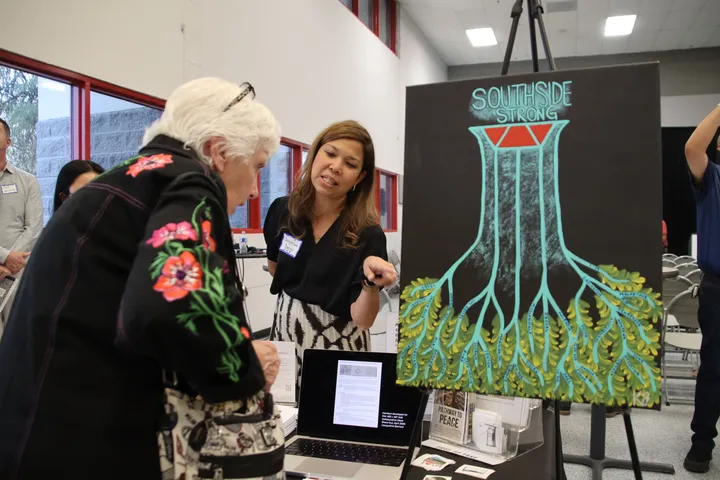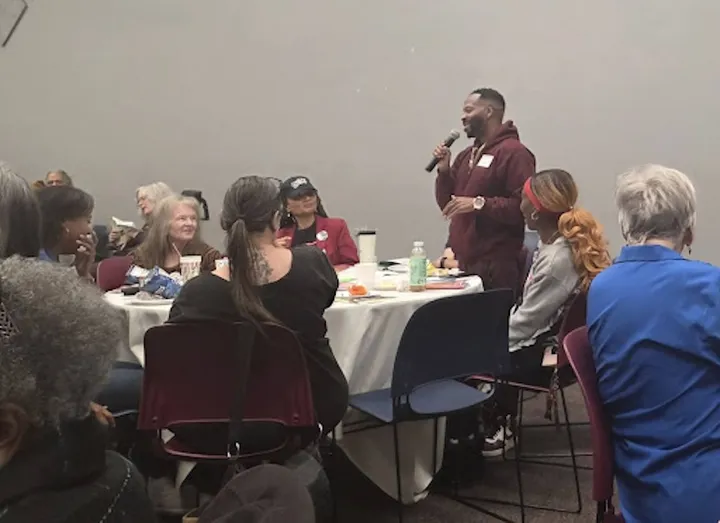Youth explore food waste solutions at Tucson Village Farm conference
More than 30 Tucson students spent a day at Tucson Village Farm last month as part of the KALE conference focused on reducing food waste and promoting sustainable habits.
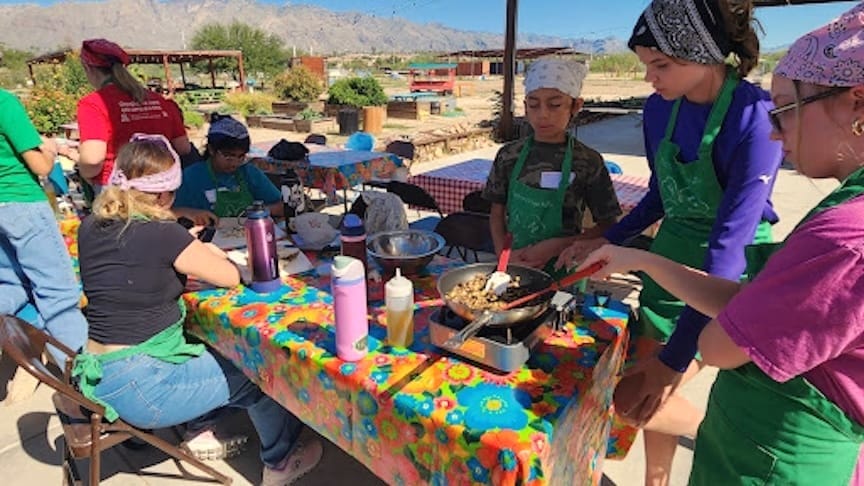
Students from across Tucson gathered at Tucson Village Farm last month for the annual Kids of Arizona Leadership Experience conference, a hands-on event focused on food sustainability, environmental awareness and reducing waste.
Participants at the conference, dubbed KALE by organizers, learned about topics ranging from mushroom ecology and composting to food preservation methods like pickling, dehydration and canning.
The interactive program, led by 4-H Healthy Living Ambassador Elsa Jacobson and University of Arizona students, encouraged youth to explore how everyday choices can help protect the planet.
More than 30 students participated in the conference, with Jacobson teaching them tips, tricks and fun facts, like how mushrooms can help clean up oil spills and assist with decomposition.
They also got up close and personal with food preservation techniques, including pickling, dehydration, freezing, freeze-drying, canning and other methods.
Students filled out a chart as they worked, tracking which methods were their favorite and which they’d be most likely to try at home.
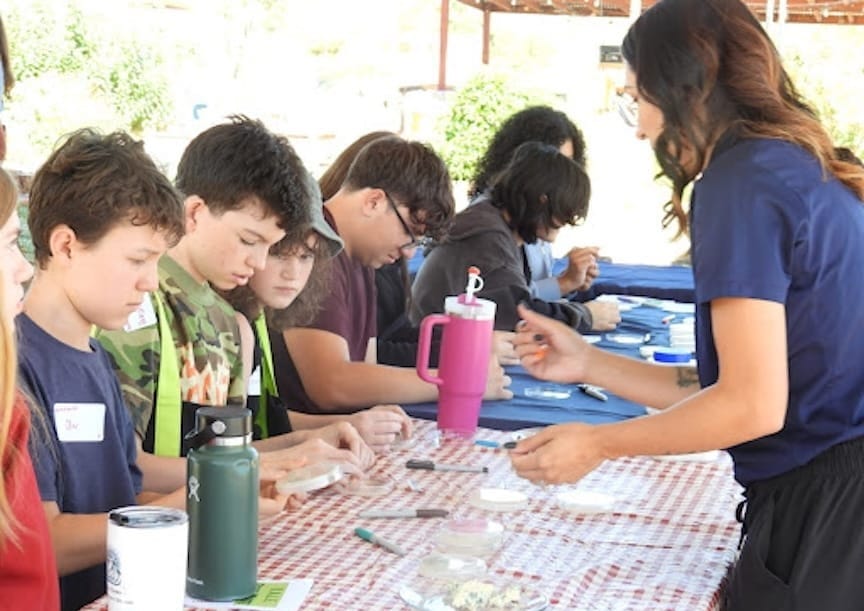
UA students taught attendees about mycology, showing them different types of molds and spores, while others led trivia sessions. Participants traveled from station to station throughout the day and were given a hands-on lesson about food waste while preparing their own lunch.
Jacobson, who has been the farm’s 4-H program coordinator for its Healthy Living Ambassador Program for nearly four years, said she was most excited about the mushroom station hosted by the UA mushroom lab and its Nutrition Opportunities for Undergraduate Students Promoting Resilient and Inclusive, Sustainable Food and Health Systems scholars.
Also known as NOURISH, the two-year program teaches nutrition students about food, where it comes from and how to use it to promote human health.
The KALE conference was piloted in 2022, with organizers building on it in the years since to offer programming in culinary medicine, entrepreneurship, team building and more.
“We wanted to provide Arizona youth with a free conference that would provide education in nutrition, agriculture and culinary arts,” Jacobson said.
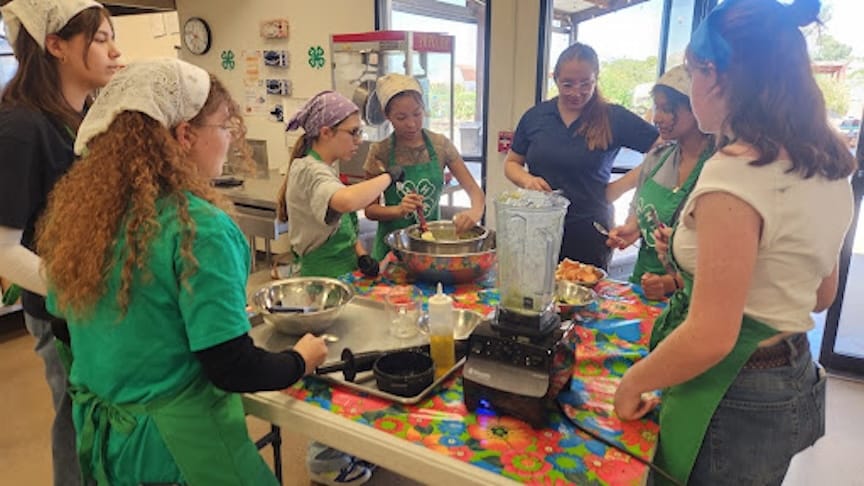
Topics each year are based on a variety of factors.
“It depends on the current grant funding we have and what the youth are interested in,” Jacobson said. “This year we are working with a food waste grant, so it made sense to theme it around reducing food waste.”
During the conference, instructors walked students through the preparation of tostadas, helping them chop mushrooms, make zucchini “guacamole” and green salsa, and deposit scraps into a food waste bucket along with any leftovers.
The idea was to track how much waste was generated during the creation of a single meal, showing students how they can reduce it at each step — like eating everything on their plate, checking expiration dates and only buying what they’re going to eat.
After lunch, students learned about the city of Tucson’s FoodCycle program and the effects of food waste on the environment. They learned how to compost correctly and what not to put in designated bins, since items like meat, dairy and plastic can be harmful to the environment and animals if placed into compost.
The conference is part of the farm’s year-round efforts to engage young people through camps, classes, events, markets and more.
“We offer programming for anyone who wants to be at the farm,” Jacobson said. “I hope (conference) participants learned some creative ways to reduce their own personal food waste."
Ruby Maldonado is a Pima Community College student and Tucson Spotlight intern. Contact her at rhmaldonado99@gmail.com.
Tucson Spotlight is a community-based newsroom that provides paid opportunities for students and rising journalists in Southern Arizona. Please consider supporting our work with a tax-deductible donation.


